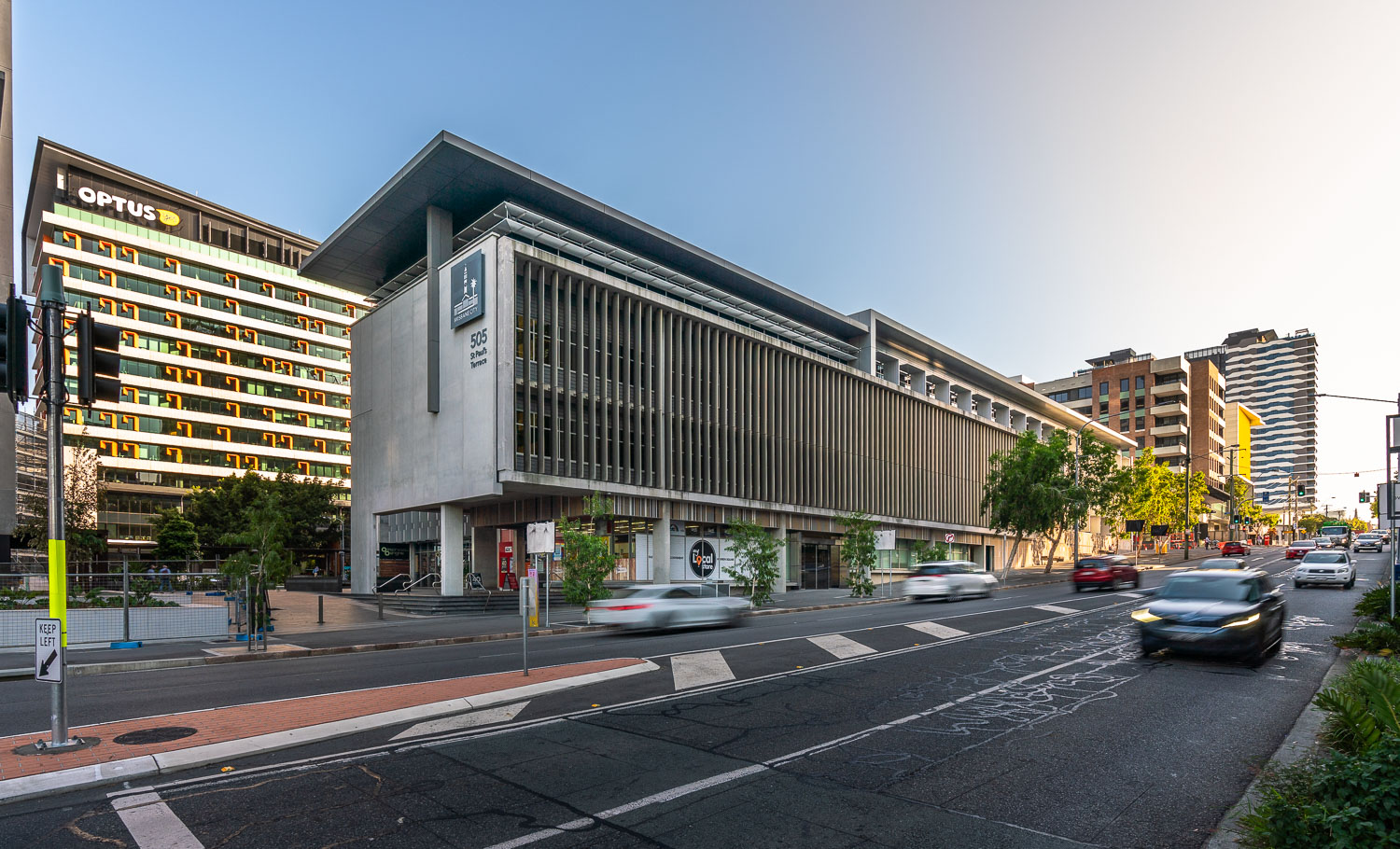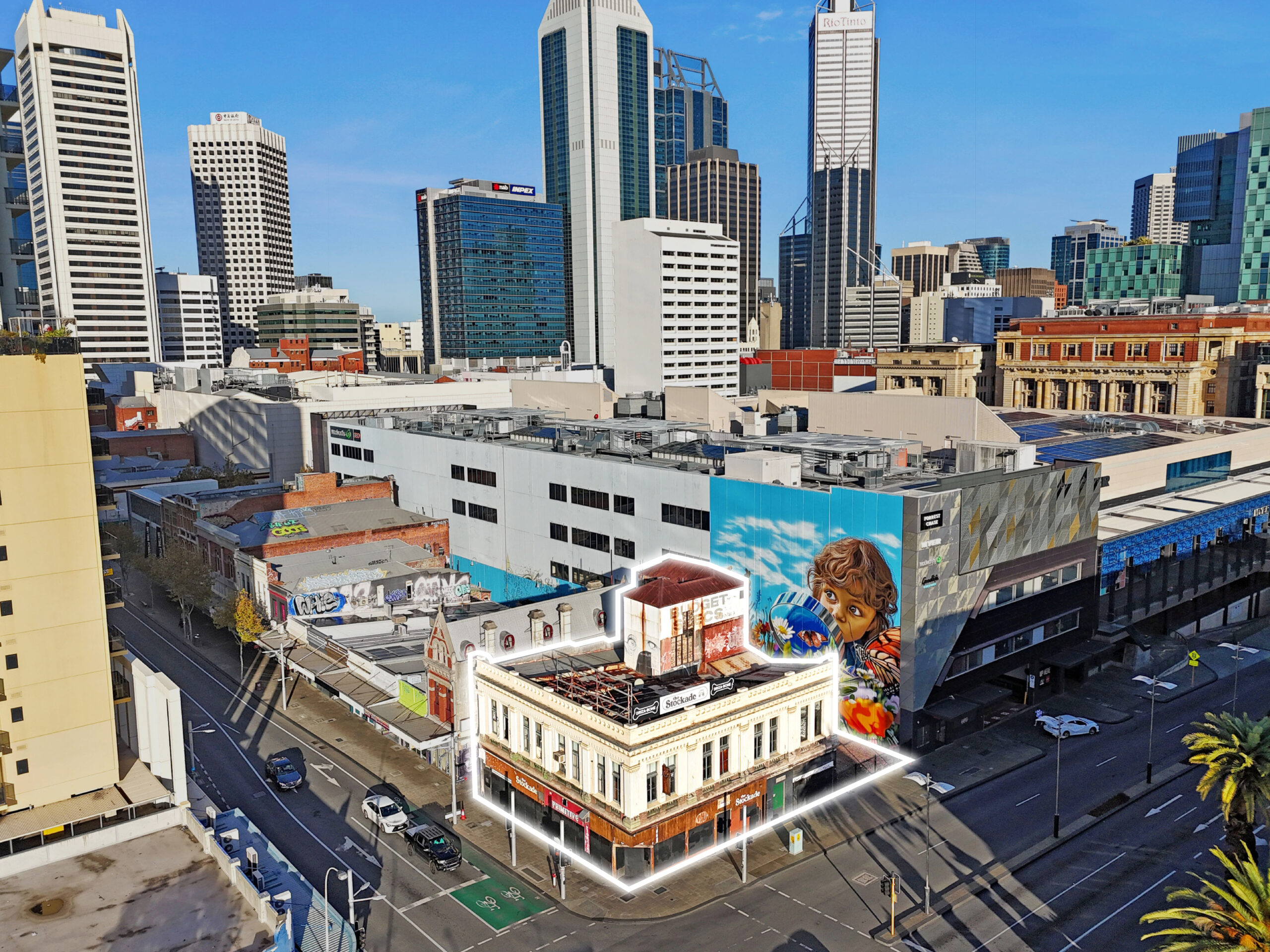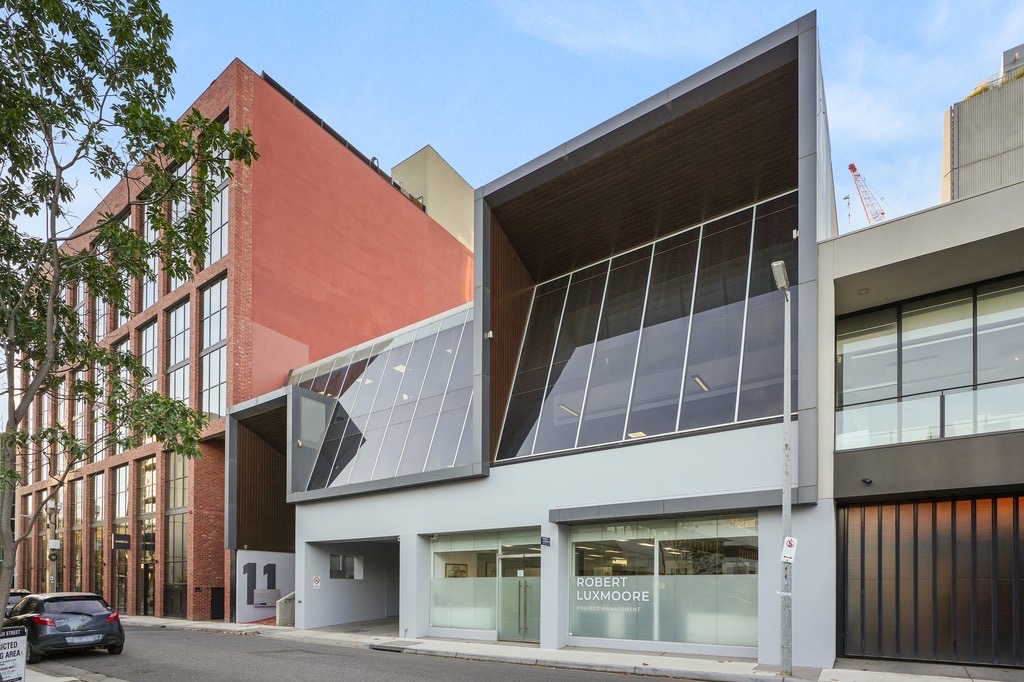
Did you know that 1 in 3 people in the workforce feel a lack of energy & motivation and do not consider their company to be a great place to work any longer ? and that 1 in 4 feel too exhausted by work and family to manage their own health & well being ?
These are the results of a recent global study by JLL of workspaces.
Although the majority of the workforce feel satisfied, the scale of employee discontent should set off alarm bells. In the wake of the pandemic, the issue of individual wellbeing – whether mental, physical or social – has been highlighted like never before.
There is an opportunity for leadership and managers to acknowledge that this is not just a contextual concern, but a rising expectation of the workforce to be better supported in the management of their health and wellbeing in the new flexible and hybrid environment.
The study identified 5 Key Insights, detailed below;
Speaking about the insights JLL’s Michael Greene, Head of Tenant Representation Australia said “employees are feeling more discontent than ever before and employers need to adapt to the new heath and well being expectations of their staff.”
The report indicated that employees are now seeking workspaces that are far more conducive to a health lifestyle. Working from home has given employees a new perspective on life and how to balance commitments to work, family and self, and are now asking the question as to how the workplace can replicate their new found freedoms.
Ben Tindale, Managing Director, Accounts Australasia said “relaxation space, access to health foods and access to outdoor spaces are what employees are seeking most”
There is however a strong desire now to reconnect the workforce with a shared vision and purpose. Working from home for long periods of time has led many to feel disconnected from office life and their workplace community, leaving many people no longer aligned with their employer.
JLL has identified 12 areas that support a regenerative workplace, each dealing with the mental, social and physical health of employees but a new managerial mindset is required to see new types of spaces and services offered up. Click here for more.
Landlords are already stepping in to fill the gap, with many seeing the need and opportunity to be a leader in the field of workplace health and well being. Whilst End of Trip Facilities were very much the flavour of 2018 – 2020, now Landlords will be focused on providing flexible spaces for social connection, relaxation, and concentration and collaboration.
Michael Greene said “there is a move also toward tenants demanding access to flexible space elsewhere in the building as part of their new lease negotiations”.
“Some landlords will allocate 5%-10% of their lettable area to providing flexible workspaces, sometimes under management by an external party and others self managed”.
There is an expectation that a flight to quality will emerge in early 2022 with landlords who are able to include flexible workspaces in leasing packages more likely to attract tenants looking for new alternatives.
Ben Tindale said “organisations need to think now about how to engage their workforce in the discussion and how to respond to the health & well being needs that emerge”








